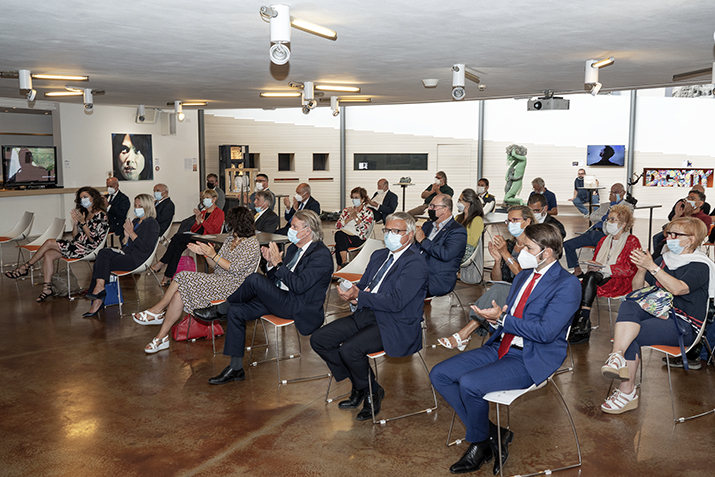After examining the sustainable development goal from various perspectives, I consider it useful to focus on the ways in which this and the other sustainable development goals (referred to as SDGs) can be achieved, and in particular on the "multilateral method". This expression generally refers to structured collaboration between states in the framework of international organizations created between them.
The main international organization today is the United Nations Organization, to which all the existing states adhere and which brings together numerous other organizations and specialized agencies under its wing for the achievement of its aims.
The rationale of multilateralism is the observation that structured collaboration between States is the best method, and in some cases the only one, for achieving ambitious goals on a global scale, such as those indicated at the San Francisco Conference which in 1945 gave life to the United Nations: peace and security between nations, human rights and sustainable development.
For the pursuit of the first goal, peace and security, there are various instruments, first of all the resolutions of the Security Council and the so-called United Nations Peacekeeping Missions, in which Italy actively participates, for example in Lebanon with the deployment of a contingent in UNIFIL operations, currently under the command of an Italian general.
Structured collaboration between states is the best method, and in some cases the only one, for achieving ambitious goals on a global scale
The United Nations was also the context in which the Universal Declaration of Human Rights and the various treaties and conventions on the subject, the monitoring mechanisms and the Human Rights Council were born.
In the exhibition currently on display at the “Fondazione della Campana”, dedicated to human rights in relation to Goal 8, it is possible to see just what the concrete and often dramatic implications of the failure to respect human rights are.
With reference to sustainable development, it is in this context that the 2030 Agenda was born with its ‘Goals’, for which the United Nations operate, with both coordination and concrete action through various specialized agencies.
Important advocates are also all those States which have committed themselves to this end and which periodically give an account of the work carried out. Furthermore, we must not forget the important role of businesses, civil society and individuals, in a truly wide-ranging joint effort.
It should be emphasized that the aims of the United Nations are interconnected: without peace and security it is not possible to fully enjoy human rights; development must not neglect the rights of workers or people in general and it must respect common goods such as the environment.
With multilateralism, or with international collaboration, it is possible to continue along the path traced 76 years ago towards a better world.
Gianluca Alberini, Central Director for the United Nations and Human Rights within the Ministry of Foreign Affairs and International Cooperation.









